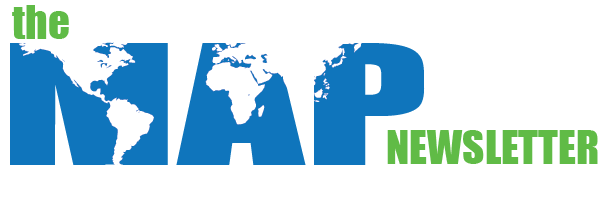Experts offer insights to summarize company-sponsored medical research for better understanding by patients and other audiences
New study features stakeholder perspectives to inform best practices for developing easy-to-understand summaries of pharmaceutical company-sponsored medical research publications
A new paper from an ISMPP-sponsored study presents perspectives from a diverse group of 29 expert stakeholders. These perspectives serve as a platform for much-needed recommendations and best practices on communicating pharmaceutical company-sponsored medical research publications to patients, caregivers, and other audiences.
Many people struggle to understand medical research publications because the language is too complex. Authors and publishers are striving to find ways to change this – to summarize the science in a way that can be understood by all. This could help support collaborative decision making; it would democratize medical knowledge (instead of being accessible to specialists only); and it embraces equity, diversity, and inclusion principles.
One solution is to include plain language summaries (or “PLS”) alongside medical publications. There is broad enthusiasm to adopt PLS with medical publications, but there are still many questions to address to drive their uptake.
The new paper published in Current Medical Research & Opinion (CMRO) – Plain language summaries of publications of company-sponsored medical research: what key questions do we need to address? – presents findings from an evidence-based study that was endorsed and sponsored by the International Society for Medical Publication Professionals (ISMPP). It highlights key challenges and opportunities to inform best practice for PLS. The group gathered perspectives on PLS from a diverse group of 29 stakeholders involved in developing, publishing, reading or funding PLS – ranging from pharmaceutical industry and supporting agencies to patients, healthcare professionals, and the media. Access the PLS paper.
10 themes were identified from the discussions – each one presenting a possible action that could accelerate PLS uptake. These included:
- Developing industry-wide PLS guidelines would help define and maintain quality
- Advocating for target audiences interested in reading about new medical advances to drive the need for PLS
- Developing an effective and consistent way to discover and search for PLS
“The study reveals great insights into the real and perceived barriers relating to the uptake of PLS and what could be done to tackle them.”
Robert J. Matheis, ISMPP President and CEO, and co-author of the paper
Robert J. Matheis, PhD, MA, ISMPP President and CEO, and co-author of the paper, shared that “the study reveals great insights into the real and perceived barriers relating to the uptake of PLS and what could be done to tackle them.”
The study, run by Envision Pharma Group and McCann Health Medical Communications, used a robust methodology and provides a strong evidence base for informing the 4th iteration of the Good Publication Practice guidelines that are currently in development. It adds to the growing knowledge about PLS for medical publications and follows previously released recommendations from Open Pharma for minimum PLS standards, also published in Current Medical Research & Opinion.
Watch co-authors Jason Gardner, Dawn Lobban, and Robert Matheis speak about the PLS Perspectives study and the new paper published in Current Medical Research & Opinion.
Many thanks to the teams at Envision Pharma Group, McCann Health Medical Communications, and ISMPP for a great collaboration in driving and supporting the PLS study. Thanks to all 29 expert stakeholders (see below) for their insights. And thanks to you for activating this evidence and using it to drive uptake of PLS in publications.
ISMPP PLS Perspectives Working Group:
Dawn Lobban, Jason Gardner, Robert J. Matheis
Amanda Boughey, Lauri Arnstein Williams, Anne Clare Wadsworth, Karen Woolley, Mary Gaskarth, Jane Blyth, Andrea Plant, Karen King
Stakeholders who took part in the study:
Avishek Pal, Angela Sykes, Linda Feighery, Maya Shehayeb, Kelly Ann Soldavin, Laura Dormer, Ana Marusic, Nicholas Miliaras, Dan Bridges, Karen Woolley, Lauri Arnstein Williams, Karen King, Andrea Plant, Richard Stephens, Simon Stones, Lucas Litewka, Helen Reddel, Joanna Siegel, Robert J. Matheis, Lynnette Hoffman, Lawrence McGinty, Alexandra Freeman, Sylvia Baedorf Kassis, Jane Symons

